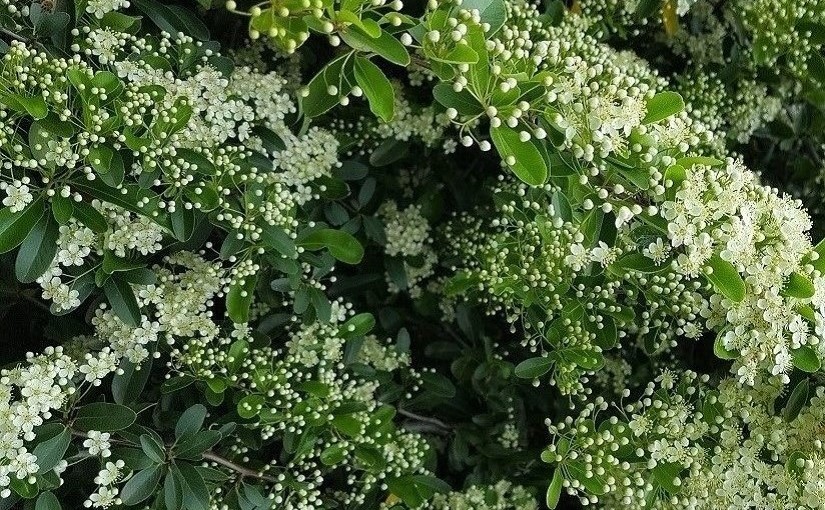One of the biggest questions in life might be who to trust. Life’s essentially navigating things wisely: understanding situations, being aware of risks, responding well to whatever you meet. Whether we’re talking about everyday living or more heightened realities, there’s this sense in which we need to trust in some sort of information or guidance.
But, perhaps now more than ever, it’s becoming more difficult to see who’s trustworthy. With over a million opinions online, you can pretty much find confirmation or encouragement for whatever you want to believe. In that scenario, truth can seem impossible to find.
We might hope that we’ll find a voice we’re confident trusting, but things can sound reasonable when they aren’t and sometimes truth is spoken quietly. People are now so skilled in arguing, presenting their case, applying pressure in various ways to get others to believe them or follow their paths. At times it seems like a sport, this ‘winning people over’.
Beneath all that though, what is it we’re seeking? Is this about personal victory, making others agree, pushing agendas, or giving people enough information to decide for themselves? How much trust, truth and transparency are there within our conversations? (Notes One)
These days, it’s so difficult to know who can be listened to or trusted. Behind all the social or, increasingly, commercial masks people wear, it’s not easy to separate the functions from those who fill them. Are people speaking as themselves or voicing another agenda? Are they imparting neutral information with the intent of fleshing out another’s understanding, or attempting to paint their own conclusions in the other’s space?
If life’s a reality we have to understand – a bigger picture, if you will – then conceivably our ideas are the mental landscape we’re creating, maintaining and correcting through the course of our lives? Youth hopefully makes a reasonable initial sketch with the help of family, community, culture, education; and then society, media, life itself starts filling out the details (Notes Two).
It does seem that life might be viewed as this hidden landscape of headlands and dangers we’re all striving to uncover. This sense in which life, in all its complexities, contains truth in some form: all the realities of history, personal existence, social construction forming this world we’re all living within. It might not be quite what we were told or expected, but it’s there.
Perhaps, then, the voices we encounter are attempting to serve as beacons, as lighthouses or, possibly, sirens. All this guidance, advice and warning telling us something about the world and how others have seen and responded to it.
Newspapers offer us overviews based on their perspective and interpretation. Political parties, and the governments they form, take a specific view in the solutions they propose and values they’re prioritising. Activism, in all its valuable forms, sheds light on specific problems to raise awareness around those.
Learning to ‘read’ all that, see beyond appearances or potential illusions, and discern the best paths seems a very personal endeavour.
Notes and References:
Note 1: Leaders & sheep led by a lion
Note 1: Fear or coercion as motivators
Note 1: Attempts to influence
Note 1: Freedom, what to lean on & who to believe
Note 1: The power of understanding
Note 2: Value in being informed
Note 2: Obligations and contributions
Note 2: Playing with fire?
Note 2: Respect, rebellion & renovation
Note 2: Cutting corners
The idea of roles we play, ways we seek to make an impression, was the subject of Masks we all wear.

